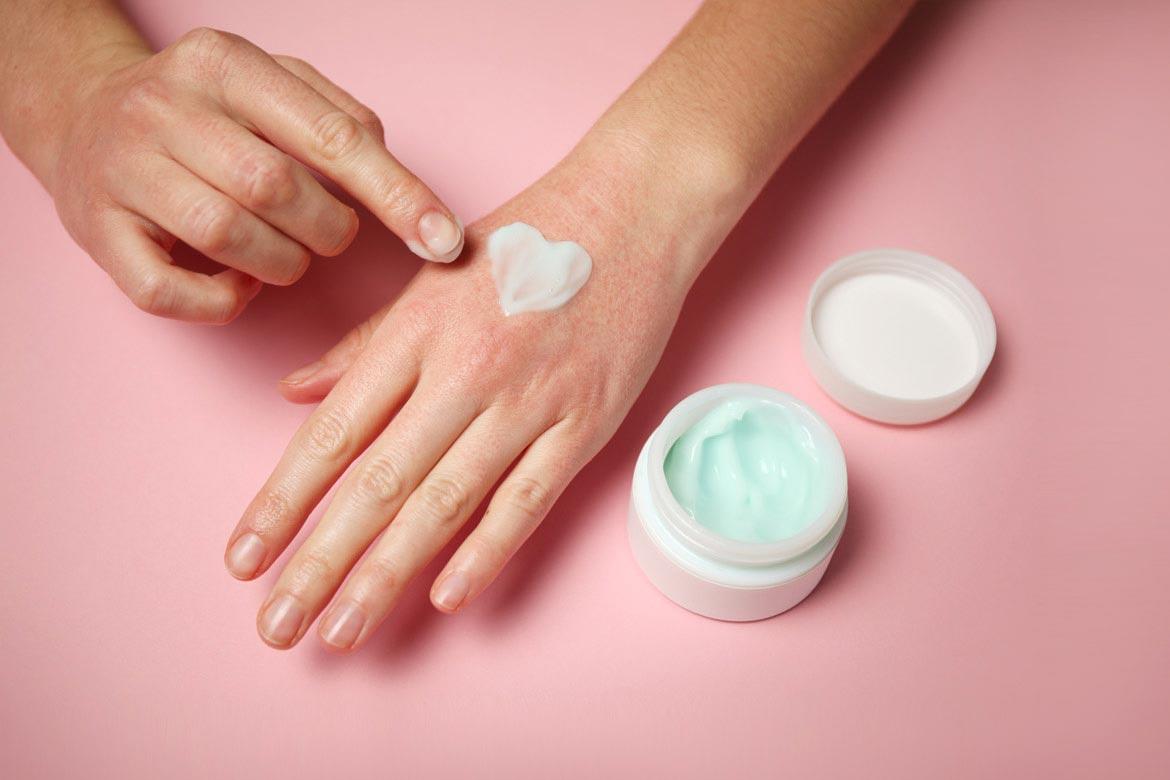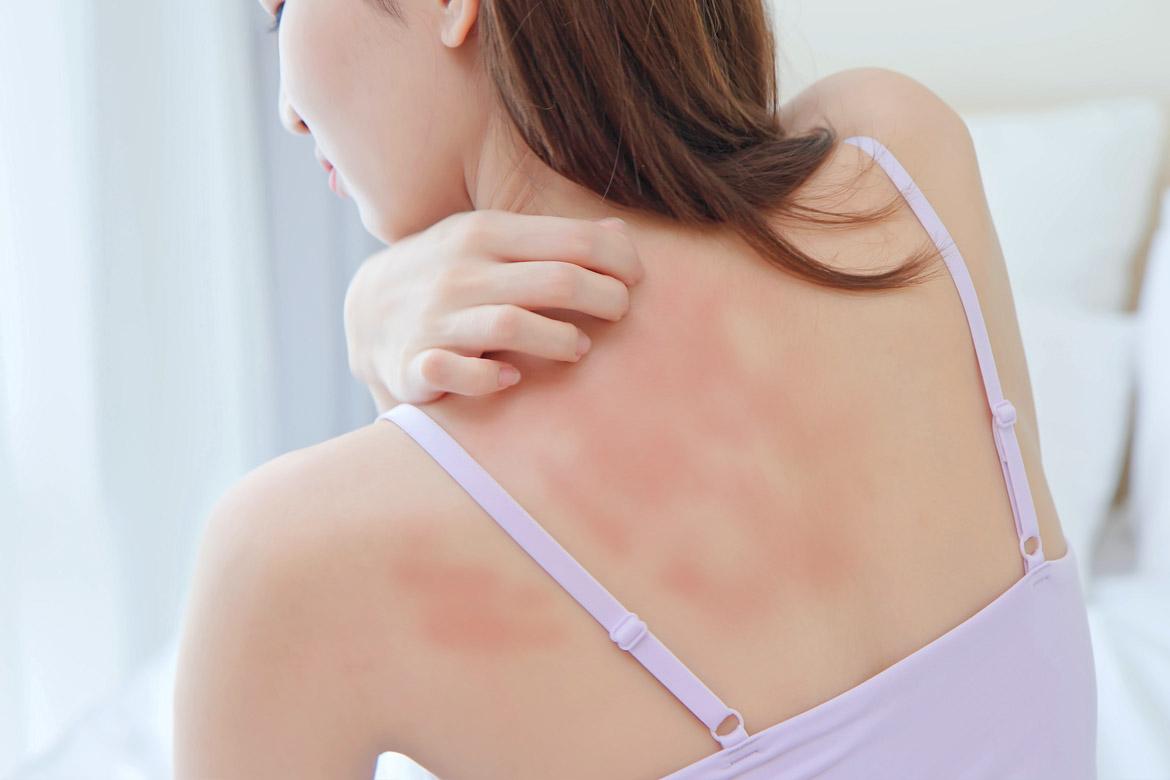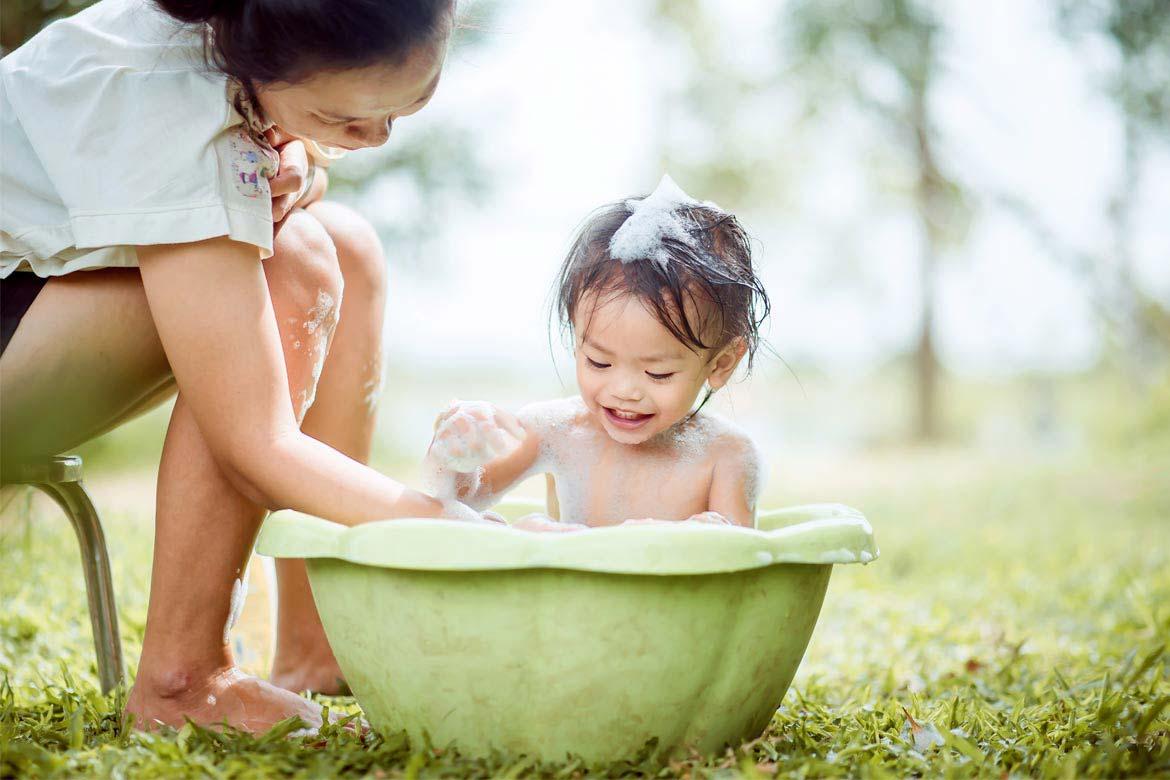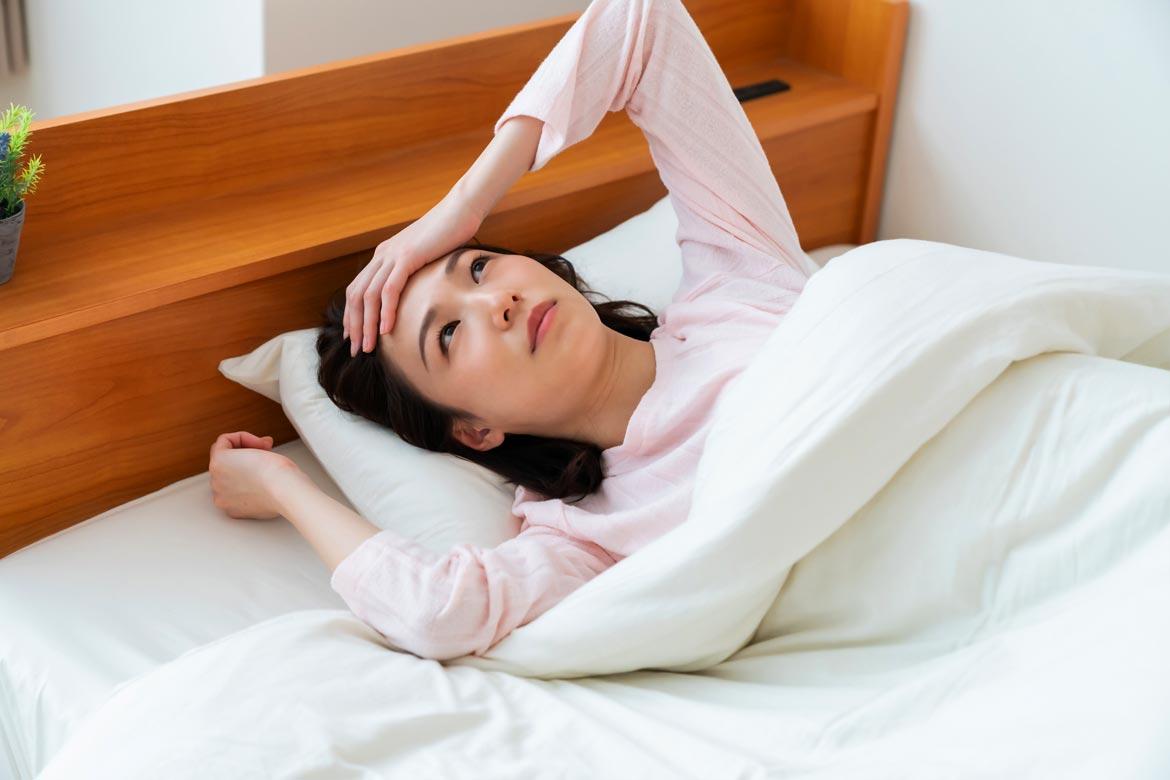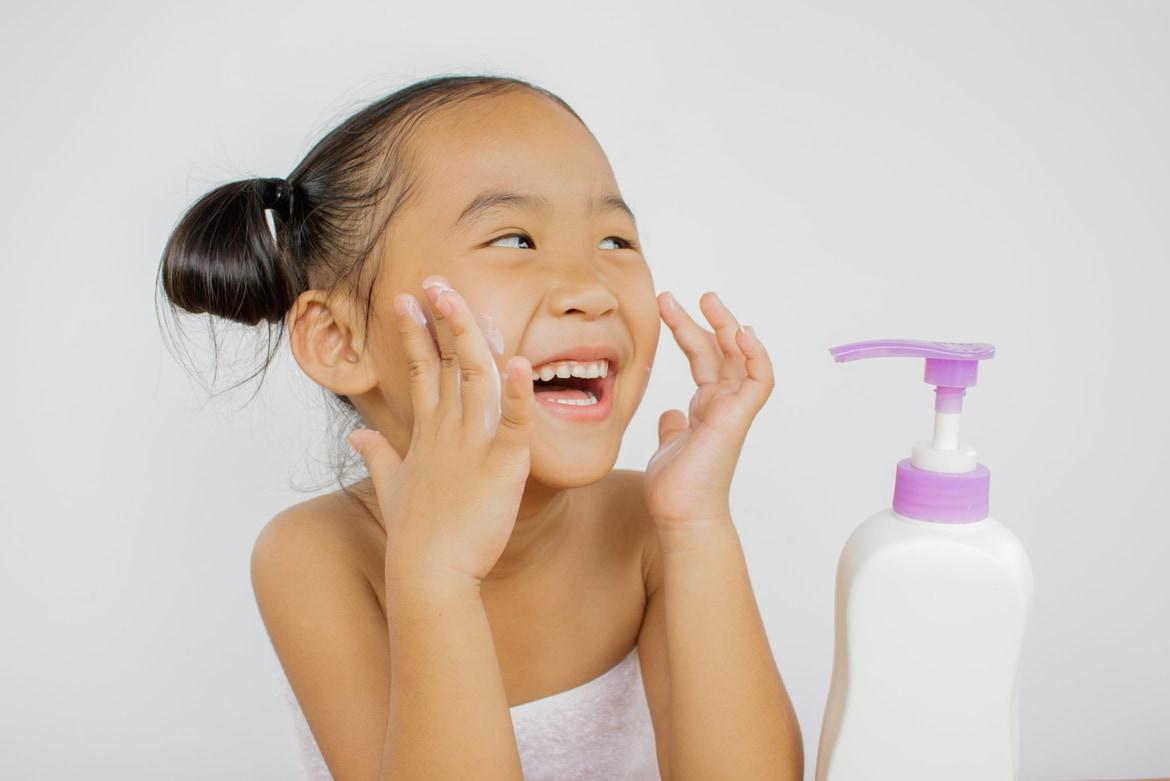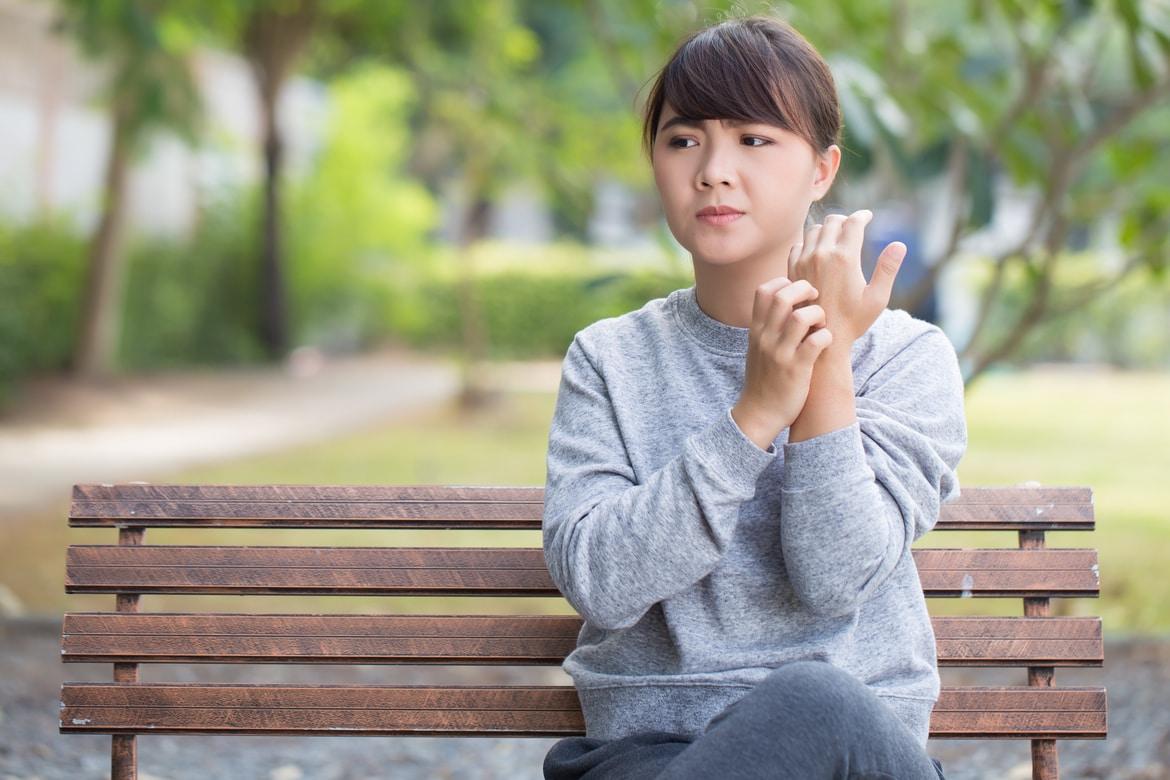-
-
Featured Care Areas

Eczema
What is eczema?
Eczema is a chronic (long-lasting) inflammatory skin condition (dermatitis) that is caused by a defect in the skin barrier.
The condition is not contagious, but it is common for the severity of a child’s eczema to change and worsen from time to time.
Eczema often occurs in young children and usually improves with age. In some cases, it may persist into adult life.
Types of eczema
Dermatitis refers to skin inflammation in general. The different types of eczema include:
- Atopic dermatitis is the most common and chronic type of eczema. Causes of atopic dermatitis include genes, dry skin, immune system problems or allergic triggers.
- Contact dermatitis, which occurs when the skin comes into contact with irritants or allergic substances and develops rashes or blisters. The inflammation often settles with treatment and removal of the trigger.
- Discoid or nummular dermatitis is a type of eczema that causes round red patches on the skin (usually on the legs). It can be mistaken as a fungal infection.
- Dyshidrotic dermatitis affects the hands, fingers and feet. It causes itchy blisters or scaly and painful skin patches.
- Seborrheic dermatitis causes itchy, red, scaly rashes over oily skin areas of the scalp, eyebrows, eyelids, the sides of the nose and behind the ears.
- Stasis dermatitis occurs when fluid leaks out of weakened veins onto your skin, causing swelling, redness, itchiness and pain.
What are the symptoms of eczema?
Symptoms of eczema include:
- Dry skin
- Itchy and bumpy skin
- Inflamed red scaly rashes
- Itching, which may be severe, especially at night
- Raw and weepy broken skin from scratching
- Thickened, cracked skin
Areas that are most commonly affected by eczema include:
- The inner elbows
- Behind the knees
- The neck and face
- The cheeks, scalp, and the front of the arms and legs (especially in infants)
It is important to avoid scratching affected areas excessively as it may lead to infections. Infected areas will appear as painful red oozing spots, which may develop pus or yellow crusting.
Eczema vs psoriasis
Although eczema shares similar symptoms with psoriasis, there are a few key differences:
- Appearance
- Eczema causes red and inflamed skin that may be scaly, crusty or exude liquid. The affected skin can also appear as rough 'leathery' dark patches.
- Psoriasis causes red and inflamed skin that may be scaly, raised or silvery. The affected skin is thicker and the swelling is more pronounced.
- Affected areas
- Eczema is commonly found where the skin folds or body bends, such as the neck, wrist or ankles. In babies, it can happen on the chin, cheek, scalp, chest, back, arms and legs.
- Psoriasis is commonly found on the elbows, knees, scalp, face, lower back, palms, soles. Patches can also happen on the mouth and lips, eyelids, ears, skin folds, fingernails and toenails.
- Triggers
- Eczema can be triggered by stress, infections, heat and humidity, hormonal changes and skin irritants such as soaps, disinfectants and organic liquids. Eczema can also be triggered by allergens such as dust, dander, pollen, dandruff and certain foods.
- Psoriasis can be triggered by stress, infections, certain medications and skin injury due to vaccinations, sunburn or scratches.
When to seek medical attention
You should see a doctor if you have severe eczema flare-ups or if any of the following symptoms occur:
- Your eczema affects your sleep and daily activities.
- Your eczema does not get better after 2 days of regular treatment.
- Your skin shows signs of infection (e.g. your rashes are weeping, oozing or if there is yellow crusting on the affected areas).
- You develop a fever with worsening eczema symptoms.
What are the causes of eczema?
Though the specific cause of eczema is not known, underlying genetic factors are known to play a part. Experts believe it may be caused by a dysfunctional skin barrier and an overactive immune system that responds aggressively when exposed to irritants.
Eczema may be triggered by:
- Food
- Sweat
- Stress
- Insect bites
- Temperature changes, especially heat
- Chemicals in soaps, fragrances and detergents
- Synthetic or rough scratchy fabrics, such as wool
- Skin issues, such as a high bacterial skin load or inadequate moisturising
- Environmental allergies such as pollen, dust or pet dander
- Infections, such as upper respiratory tract infections
What are the risk factors for eczema?
A family history of eczema, allergic rhinitis or asthma, may increase your risk of eczema.
What are the complications and related diseases of eczema?
Eczema causes weakens and damages the top layer of the skin as well as its other layers, compromising its function as a protective barrier. This increases the risk of bacterial, fungal or viral infection.
Scratching or picking at eczema-affected areas can also break down the skin barrier further.
This page has been reviewed by our medical content reviewers.
Need help?
For enquiries, please call
+65 6377 3737
For appointment bookings, please WhatsApp
+65 8111 3777
